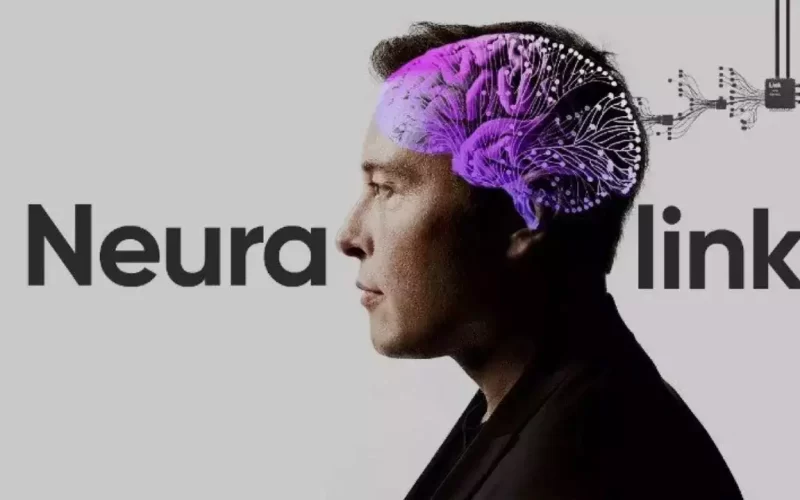By Mark Kawalya
A patient implanted with Neuralink’s brain technology can now control a computer mouse just by thinking, the company’s founder Elon Musk said.
In a Spaces session on the social media platform X (formerly Twitter), Musk reported that the patient, who received the brain implant, has fully recovered with no observable adverse effects and can control the mouse using their thoughts.
The company successfully implanted its device in a human subject in January this year. Utilizing a robot for precise implantation into the brain, Neuralink aims to optimize the patient’s ability to perform actions with minimal physical effort.
Musk, also the CEO of Tesla, emphasized Neuralink’s objective of getting the patient to execute many thinking commands to fully test out the technology. This could involve tasks such as moving the computer mouse vertically and horizontally as well as moving boxes across the screen.
Neuralink, Musk’s startup, focuses on developing brain implants to enable individuals to use neural signals to control external technologies. The current trial specifically aims to assist individuals with paralyzed limbs in managing computers or smartphones.
How a brain chip works?
Neuralink’s coin-size implant, called N1, enables patients to execute actions through concentration, bypassing the need to physically move their bodies. In Neuralink’s PRIME study (Precise Robotically Implanted Brain-Computer Interface), participants undergo surgery to place the device in a brain region that controls movement.
The chip records and processes brain electrical activity, transmitting the data to an external device like a phone or computer. The external device interprets the patient’s brain activity, learning to associate specific patterns with the intended goal, such as moving a computer cursor. Over time, the software identifies consistent neural firing patterns during the mental simulation of a task, ultimately executing the task for the individual.
Why Neuralink is drawing criticism?
Neuralink’s lack of transparency regarding the implant has drawn criticism, particularly due to the limited information released aside from a brochure aimed at recruiting trial subjects. Additionally, the company did not register with ClinicalTrials.gov, a customary practice, that is also required by some academic journals. Fellows at the Hastings Center, the bioethics think tank, have warned that Musk’s brand of “science by press release, while increasingly common, is not science.” They advise against relying on someone with a huge financial stake in a research outcome to function as the sole source of information.








